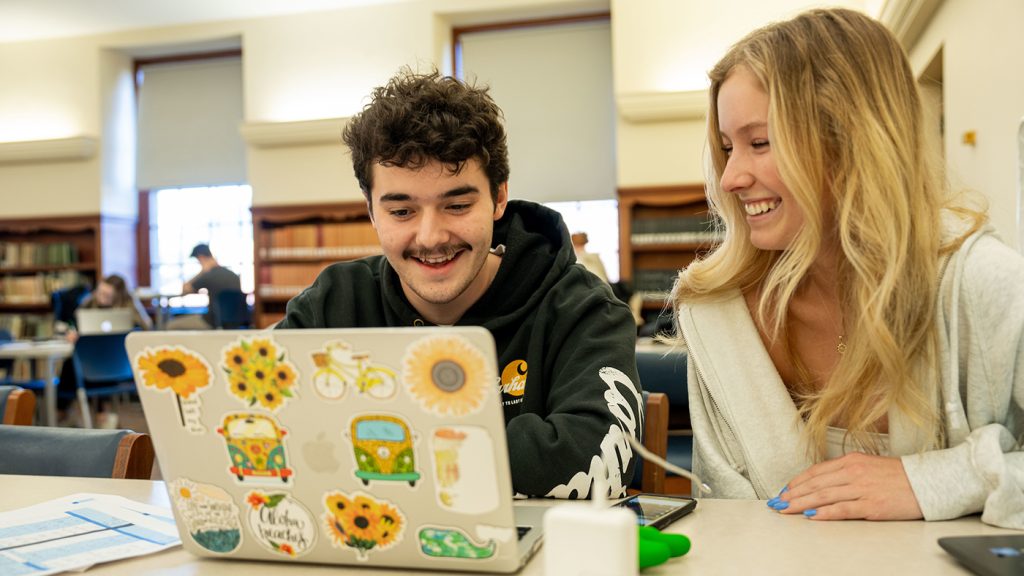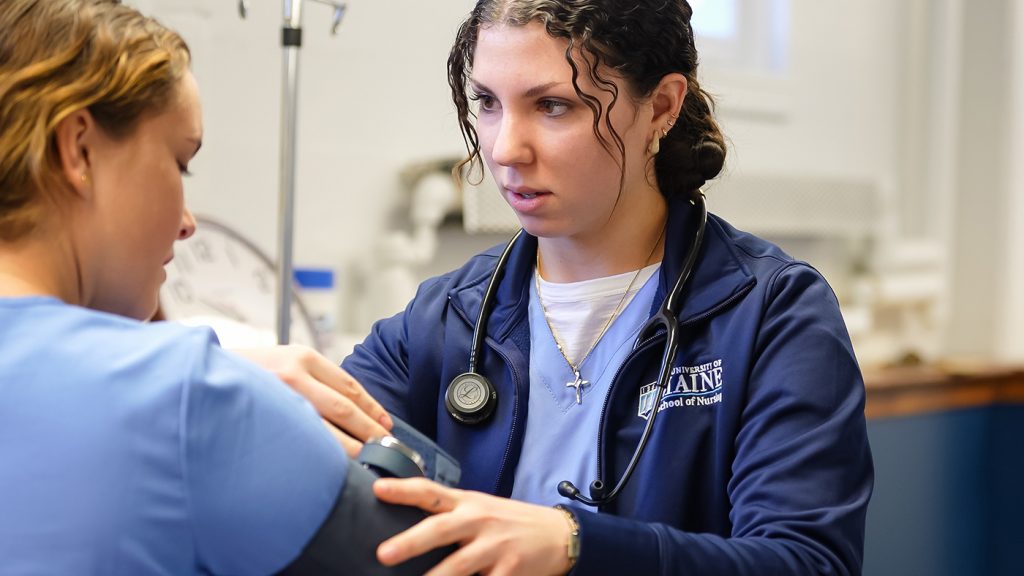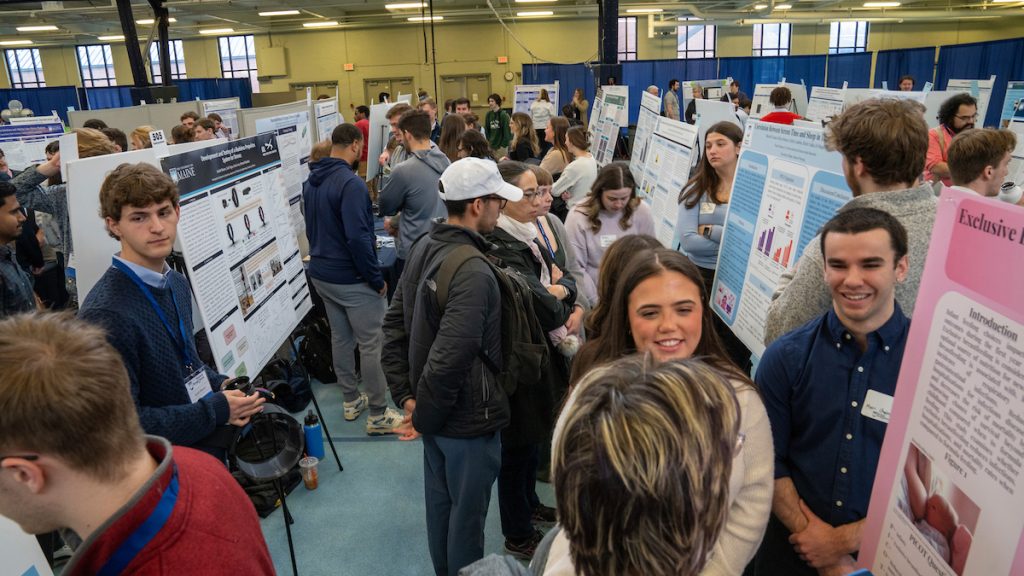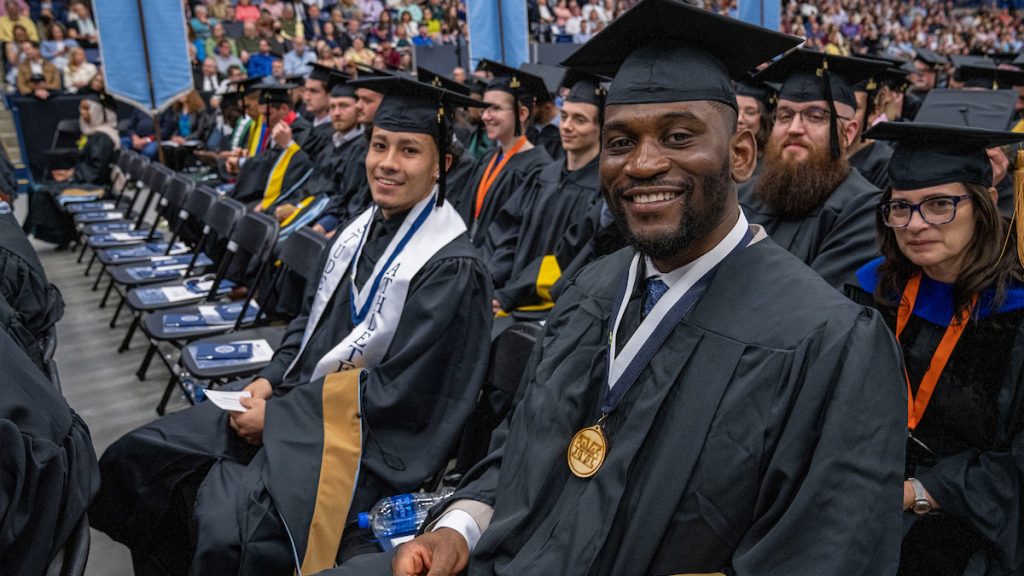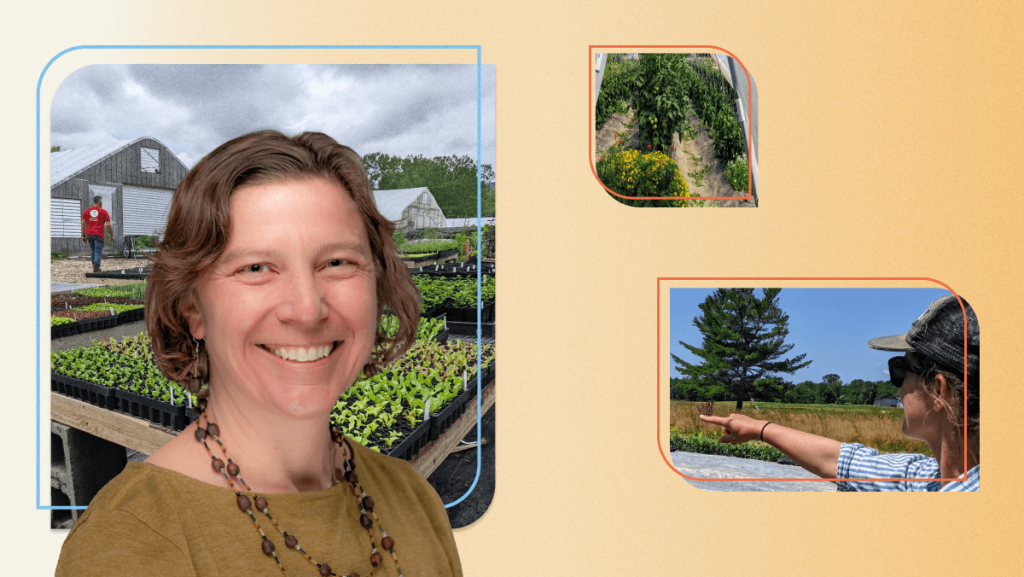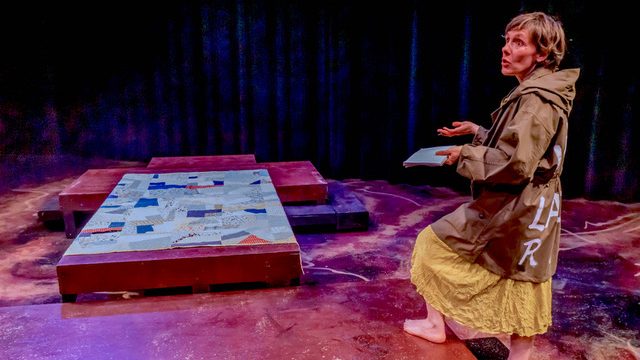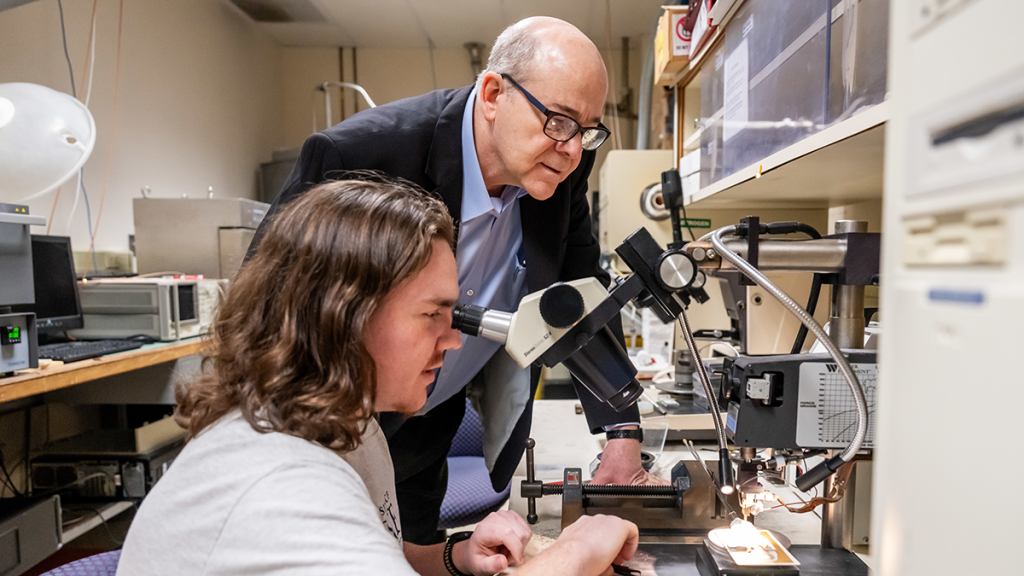2024 Research report
Global Impact • Local Relevance
Record-breaking research productivity FOR UMAINE
Research and Development
Funding
Research and Development
Expenditures
funded industry R&D partnerships
new research awards
of all university
research in Maine
tomorrows innovators start here
rise in doctoral
enrollment over the past five years
undergraduate
students participated in research learning
of all Ph.Ds
conferred in Maine
Rankings
UMaine holds the Carnegie
Classification of Institutions of Higher Education’s top research status, a distinction held by only 187 of universities nationwide.
for research expenditures
according to the National Science Foundation’s Higher Education Research and Development 2023 ranking.

